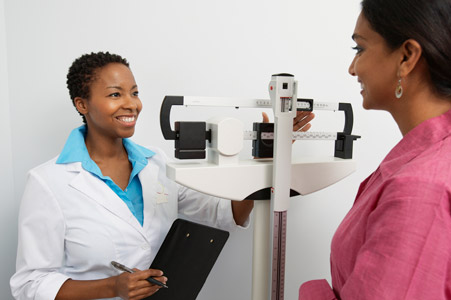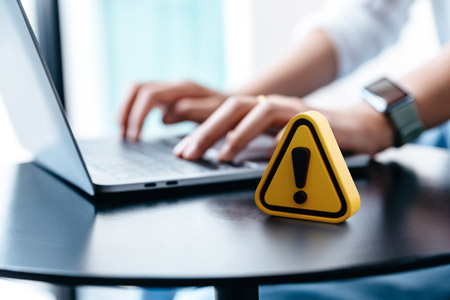


Common Medication Errors and How to Avoid Them
Making sure you stay fit, healthy, and happy doesn’t come without complications. For many patients who manage chronic conditions, staying on top of your medication routines and procedures can be overwhelming.
While proper adherence to the medications your doctor prescribes is essential to remaining healthy, you’re also human and are bound to make the occasional mistake when it comes to your medications. Errors become even more common when you’re tired, stressed, or traveling has broken up your normal routine.
In this article, we’ll explore some of the most common hiccups patients experience when trying to remain adherent, and a few tips for avoiding these errors.
Mixing Prescriptions and Over-the-counter Medications
Over-the-counter (OTC) medications are medications that you can buy without a prescription at most drugstore pharmacies, grocery stores, and convenience stores. These medications include common painkillers such as ibuprofen and acetaminophen, allergy relief solutions, or even medications that help relieve symptoms of the common cold or flu.
While you don’t need a prescription from a doctor to purchase these medications, it doesn’t mean that they’re necessarily 100% safe for you to take.
Always consult with your doctor before buying any new OTCs to ensure they won’t negatively interact with your prescribed medications. Sometimes, these medications can mix and cause harmful side effects. Your doctor will be able to tell you with certainty which OTCs will and will not interact with your prescriptions so you can rest easy knowing you’ve made a medically responsible decision.
Holding On to Expired or Old Medications
For so many patients, prescriptions are often not for chronic, or lifelong, conditions. This means that you likely have medications that you’ve not finished the entire prescribed amount for — and these bottles may even be hogging up space in your medicine cabinet.
While it’s tempting to hold onto prescriptions, it’s also dangerous. Your prescriptions may get into the wrong hands and cause serious damage. If you’re not regularly checking your prescriptions to see if they’ve expired, and then take them after they have, you may also risk your own health and safety.
If your doctor has advised you to stop taking a medication, or you elect not to finish your full dose (especially when having been prescribed painkillers), be sure to dispose of the medication properly to ensure that dangerous errors don’t happen to you or to others in your household.
Doubling Doses After a Miss
It’s extremely common to miss a dose here or there, but it’s dangerous to assume that you should double dose when you do end up missing a dose.
Whenever you start a new prescription, talk with your doctor or pharmacist about what you should do in the event of a missed dose. This proactive conversation can ensure you remain as adherent as possible and can help minimize the stress associated with a missed dose in the future.
Any time you start taking a new prescription or over-the-counter medication, be sure to consult with a medical professional on tips and best practices on how to remain adherent. When in doubt about anything regarding your medications, always ask a trusted medical professional!



















.jpg)





















.jpg)














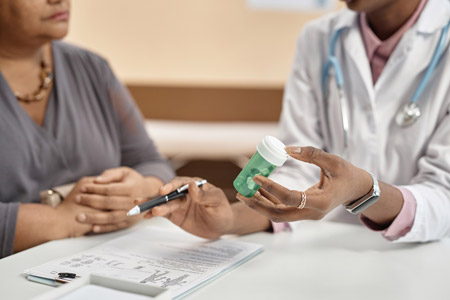


.jpg)


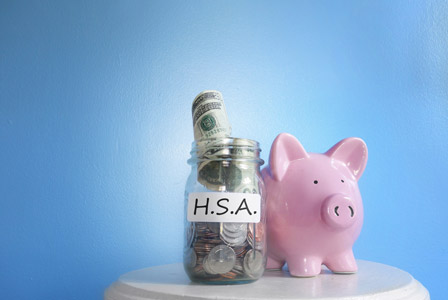






















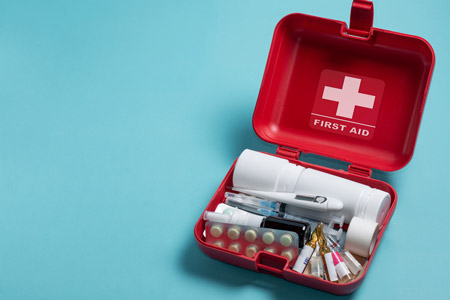
.jpg)
.jpg)
.jpg)


